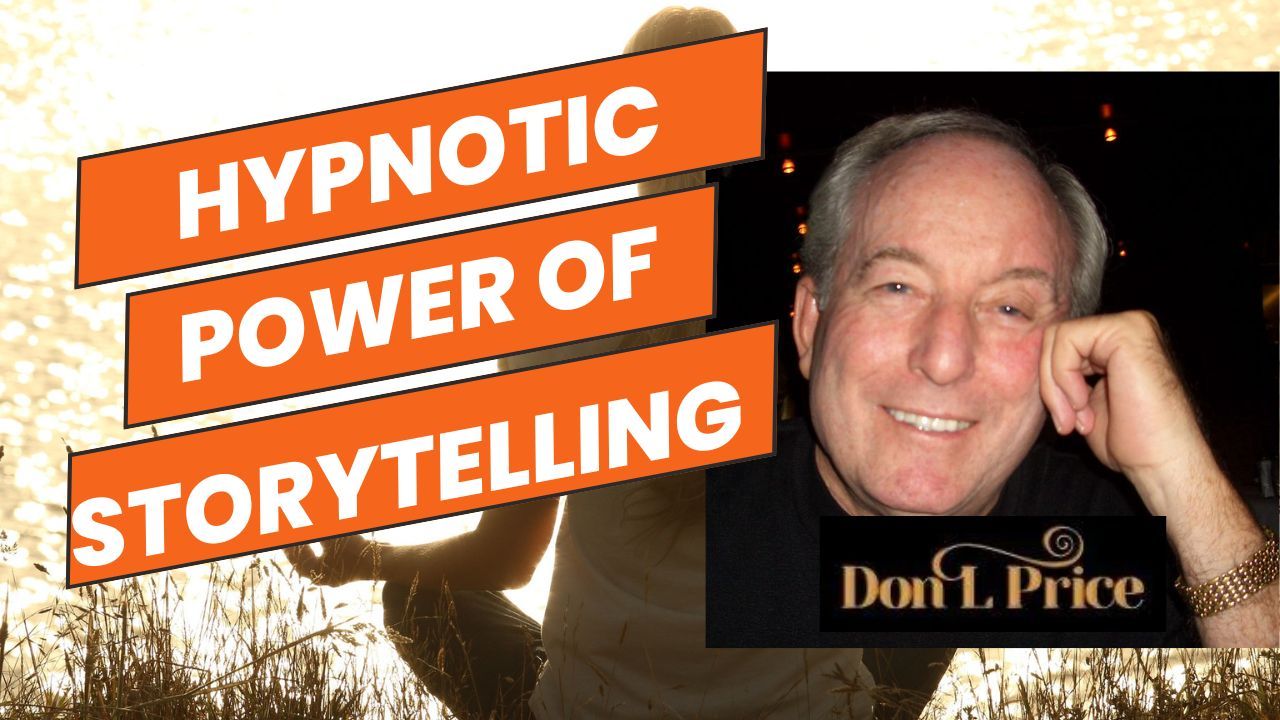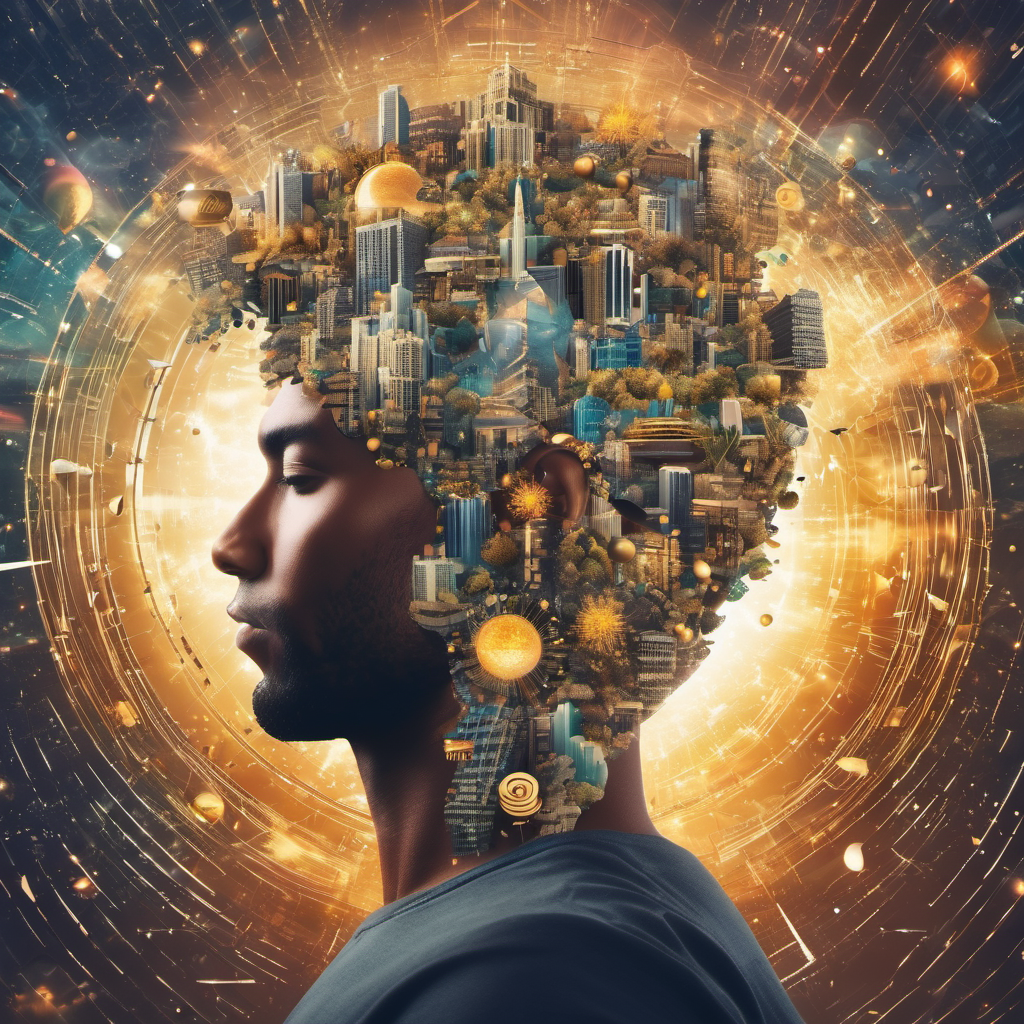The Brain Unboxed: Debunking Common Myths About Your Gray Matter
The human brain: endlessly fascinating, perplexing, and showered with myths and urban legends.
It’s wild to think there are 86 billion neurons firing within the typical human brain, creating our thoughts, emotions, and entire lived experience. But alas, this incredible organ, which weighs a mere 3 pounds on average, is often shrouded in misconceptions. In this article, we’re putting on our neuroscientist hat and debunking some of those common misconceptions about the brain. Buckle up – it’s going to be a neurologically enlightening ride.
Myth #1: We Only Use 10% of Our Brains
It’s an old adage that just won’t seem to fade away: humans operate at barely a fraction of their brain’s capacity. You've probably heard it in motivational speeches, seen it as the foundation for movie plots, or been encouraged to unlock your hidden 90% potential. But it's nowhere near the truth.
The reality is that we use virtually all parts of the brain and that, under normal conditions, most of the brain is active almost all the time. Cutting-edge imaging technologies, like functional magnetic resonance imaging (MRI), provide a visual insight into which parts of our brain are active during different tasks. These scans consistently show widespread activity across the entire brain, even when we're at rest.
The misunderstanding likely originated as a misinterpretation of scientific studies or due to a loss of context when referencing neural plasticity, which we’ll debunk next.
Myth #2: The Brain is Static and Unchangeable
In the past, it was commonly believed that the brain was largely fixed and unchangeable after a certain age. This myth is the antithesis of a concept deeply rooted in modern neuroscience: neuroplasticity.
Neuroplasticity is the brain's ability to form new neural connections and adapt to new experiences, learnings, or injuries. This remarkable feature means that the brain can reorganize itself by forming new neural pathways and adapting existing ones, essentially rewiring itself in response to learning or life experiences.
It's this ability that allows patients to recover from brain injury, adapt to changing circumstances, and, simply, learn new things. Therapies that involve repetition, focused attention, and even mindfulness or meditation can harness this power of the brain to change and heal.
Myth #3 Left-Brained People are Analytical, Right-Brained People are Creative.
A common misconception is that certain personality traits and skills, such as being logical or artistic, are attributed to the dominance of one hemisphere over the other. This false premise suggests that the left hemisphere is the seat of language and logic, while the right governs creativity and intuition.
While the brain’s hemispheres do have unique functions, the truth is that both hemispheres work together to perform a wide variety of tasks. Neuroimaging studies do not support the notion that particular personality types are associated with left or right dominance. In fact, cognitive functions, such as problem-solving, involve the collaborative effort of both hemispheres.
This myth often leads to oversimplification of our cognitive processes. While it's true that people might have a preference for certain tasks or thinking styles, personality and cognitive functioning are much more complex and involve many areas of the brain working in tandem.
Myth #4: Brain Games Can Prevent Cognitive Decline
You might have seen advertisements for apps or programs promising to stave off cognitive decline with brain teasers and puzzles. The idea is that regular use of these tools can keep your mental acuity sharp, almost like physical exercise for your brain.
While it’s certainly true that engaging in challenging mental activities is good for your brain and might help maintain cognitive function, the promise that these activities can prevent decline is too strong. The scientific evidence supporting the effectiveness of these "brain games" is mixed at best. In a comprehensive review conducted by leading neuroscientists, the consensus was that the evidence did not support the general claims often made by these products.
Engaging in a rich, stimulating environment, regular physical exercise, and maintaining social connections are more likely to be beneficial for your brain health than any single activity. Staying curious, challenging your mind in various ways, and pursuing lifelong learning are the best strategies to keep your brain in top shape.
Myth #5: You're Born with a Certain Number of Brain Cells and Can't Generate More
It might sound like a rational assumption that the brain is fixed in terms of the number of cells it contains. And for some parts of the body, such as the heart, this assumption holds true. But the brain is different.
In certain limited areas of the brain, new neurons can be generated, a process called neurogenesis. This mainly occurs in the hippocampus, a region associated with learning and memory. Neurogenesis is just one example of the brain's remarkable adaptability and ability to renew itself.
However, this process does have its limits and can be influenced by various factors, including age, stress, and certain neurological diseases. Nonetheless, it's clear that adults can and do generate new brain cells, a concept once thought to be impossible in mature brains.
Myth #6: Listening to Classical Music Makes You Smarter (The Mozart Effect)
The 'Mozart Effect,' a term popularized in the 1990s by a study that suggested listening to Mozart’s music could temporarily enhance spatial-temporal skills, soon spiraled into the belief that it could have long-term effects on cognitive function or even IQ.
Although listening to music, or engaging with it in other ways, can be an enriching experience that fires up various cognitive processes, there is no convincing evidence to support the idea that it can permanently boost intelligence. Subsequent studies have failed to replicate the original results, leading the initial findings to be met with skepticism in the scientific community.
That being said, the enjoyment of music and musical training from an early age can have lifelong benefits for the brain, such as improving language processing or memory. But these effects are specific to the skills being trained and the quality of the training, not just the genre of music.
Myth #7: A Bigger Brain Equals a Smarter Person
One might be inclined to think that a larger brain must have more capacity for intelligence. After all, elephants and whales have huge brains, so they must be super intelligent, right? Not quite.
The relationship between brain size and intelligence is much more nuanced. Humans, for their average brain size, are remarkably intelligent due to the structure and complexity of their brains. Our large frontal lobes, which are involved in higher cognitive functions such as problem-solving and reasoning, are disproportionately large compared to other species. It's the connectivity and efficiency of the human brain, not just its size, that has allowed for the complexities of language, art, science, and culture.
In studies comparing brain sizes across individuals, there's no clear, direct correlation between brain size and measures of intelligence. Many factors, including how the brain is structured and how efficiently it processes information, are at play when it comes to intelligence.
Myth #8: Brain Damage is Irreversible
Movies often depict characters who undergo a traumatic brain injury as having lost part of themselves permanently. In real life, the brain's ability to heal and adapt is often underestimated. While severe damage may lead to lasting deficits, the brain can often relearn lost functions and even shift the responsibilities for these functions to different areas.
Rehabilitation after brain injuries, particularly those that affect cognitive processes such as language or memory, often involve intense and prolonged therapies. Yet, remarkable recoveries do occur, especially in younger individuals or when rehabilitation begins early.
This adaptability of the brain is yet another testament to its remarkable plasticity. It is not only capable of repairing itself to some extent but can also learn to use its remaining resources more efficiently.
Final Thoughts
The human brain remains a profound mystery in many ways, but we continue to peel back its layers of complexity. In doing so, we also untangle the web of misconceptions that have been spun around it. Understanding the truth about our extraordinarily fascinating brain is not only empowering but also can lead to better practices to keep it healthy and functioning at its peak.
From debunking the infamous 10% myth to shedding light on the concept of neuroplasticity, we've come a long way in demystifying the most important organ in the human body. Awareness of these truths allows us to approach brain health with clarity and take on the exciting new frontiers in neuroscience with informed curiosity. The next time a brain-related "fact" makes its way into your daily conversation or social media feed, remember to give it a healthy dose of skepticism and an eager willingness to engage with the real science behind the statement. After all, the brain you save could be your own.
Author Don L Price
You’re Welcome to Review Me on Google
Please take the time to comment on this post. Your voice matters to us, and we eagerly await your thoughts
Share Away in the Comment Section Below Now!
Manifesting—The Art of Consciously Creating What You Desire!













